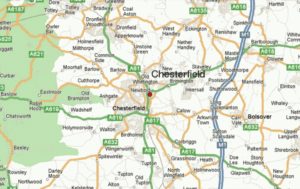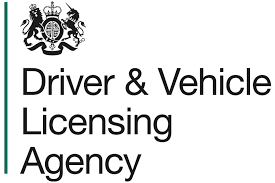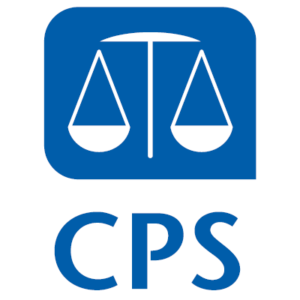
As poor weather promises to cause chaos on our roads, more care is needed by those driving in the snow to carry out essential journeys that were routine only the previous week. If your journey remains necessary, and you choose to drive, then there are some things to bear in mind.
Do you know your legal responsibilities as a driver in poor weather conditions? Chesterfield crime and road traffic solicitor Denney Lau highlights a few possible offences to be wary of.
Make sure you can see out of your vehicle
Your duty actually starts before you start driving.
The Highway code stipulates that if driving in adverse weather conditions, you must be able to see out of every glass panel in your vehicle. This common sense approach is supported by by section 41D of the Road Traffic Act 1988. It states that you must have a full view of the road ahead. This clearly precludes driving through a small hole you have scraped in the snow on your windscreen.
Failure to comply with this could result in a fine but perhaps more importantly penalty points.
However, leaving your vehicle unattended with the engine running and the heaters on to clear your windscreen may not only see you having your car stolen and left with no claim under your insurance. This will amount to the offence of ‘quitting’ your vehicle, whether or not the doors are locked, and could lead to a fine.
Finally, make sure your lights and number plates are also clear, or risk another fine.
Inconsiderate driving?
There is not a law stating it is illegal to drive with snow on the roof. If, however, you choose to do so and snow falls off into the path of another car then you could be penalised. For example, it may amount to inconsiderate driving – Section 3 of the Road Traffic Act 1988.
This can result in a fine with the court endorsing between 3 and 9 penalty points.maximum penalty being level 5 fine and the Court must endorse between 3 and 9 penalty points or consider disqualification. Alternatively, you could be charged for using a motor vehicle in a dangerous condition – 40A of the Road Traffic Act 1988.
Where weather conditions make it more difficult to drive safely
There are two catch all offences that will be more easily committed in conditions where driving is difficult. It is easy to imagine losing control of a vehicle, or failing to notice another motorist, while driving in the snow.
If there is an accident, or poor driving is witnessed, then consideration will be given to whether one of the following offences has been committed.
The first is the offence of driving without due care and attention, or careless driving. This is Section 3 of the Road Traffic Act 1988. To convict a motorist a court must be sure that the manner of driving falls below the standard expected of a competent driver. Again, a fine will be expected, but between 3 and 9 points can be placed on the driving licence. A discretionary disqualification could be imposed, or the points could count towards a totting ban.
Dangerous driving in the snow
Section 2 of the Road Traffic Act 1988 sets out the offence of dangerous driving. This offence is committed when a person’s standard of driving falls far below what would be expected of a competent and careful driver. This will be in circumstances where it would be obvious to a competent and careful driver that driving in that way would be dangerous.
This offence can be dealt with at the Crown Court as well as the Magistrates’ Court, and can lead to imprisonment and a compulsory driving disqualification and extended re-test.
Instruct an expert in road traffic law
 We would ask that, when considering driving in the snow, you think about whether your journey is really necessary. If so, you take all of the precautions explained above.
We would ask that, when considering driving in the snow, you think about whether your journey is really necessary. If so, you take all of the precautions explained above.
If your driving still brings you into conflict with the police or courts then please contact Denney at our Chesterfield office. His details can be found here.
Alternatively you can use the form below.




